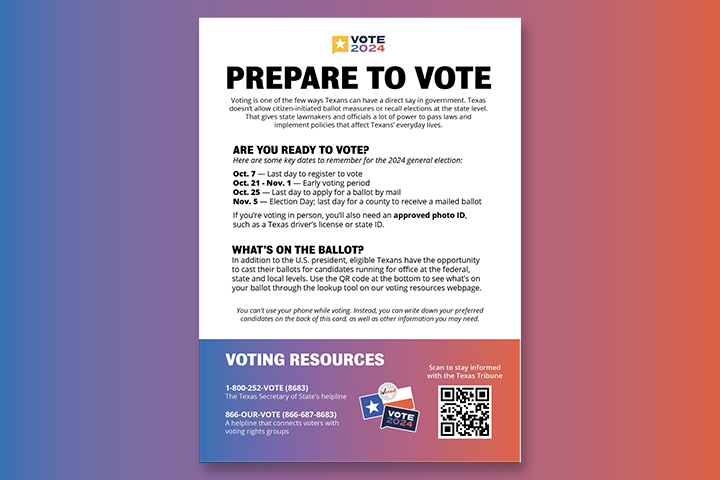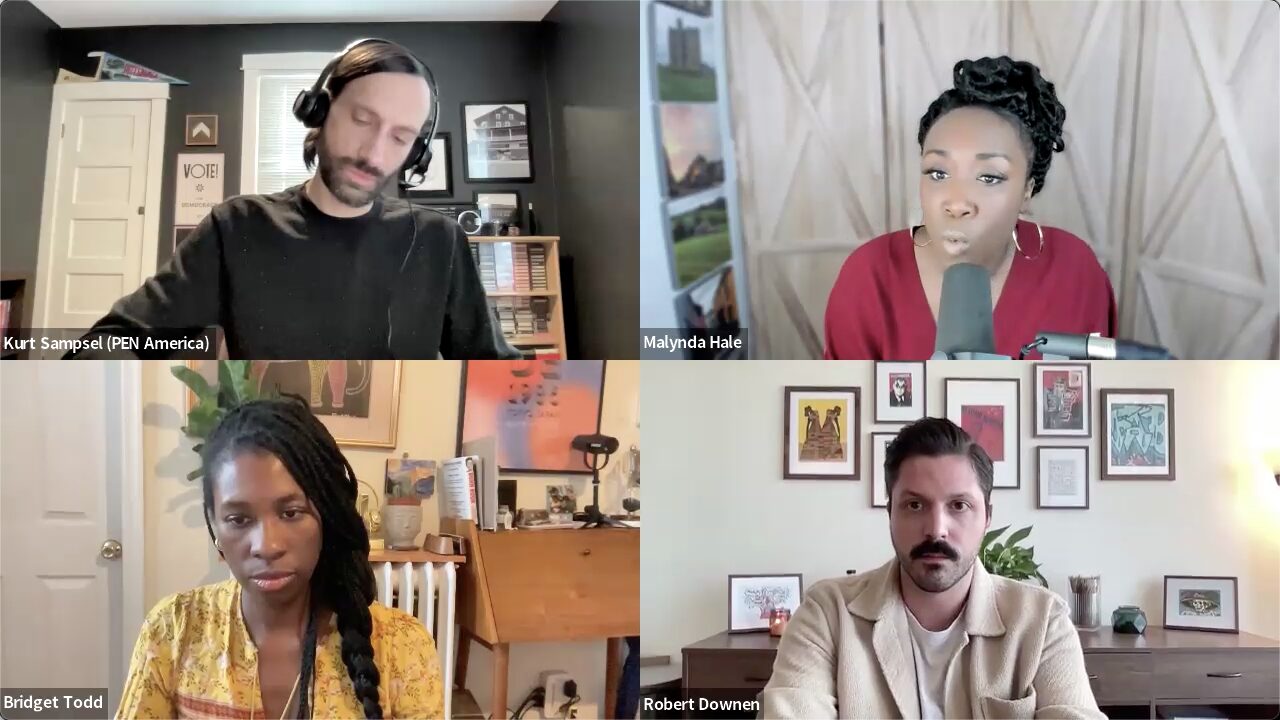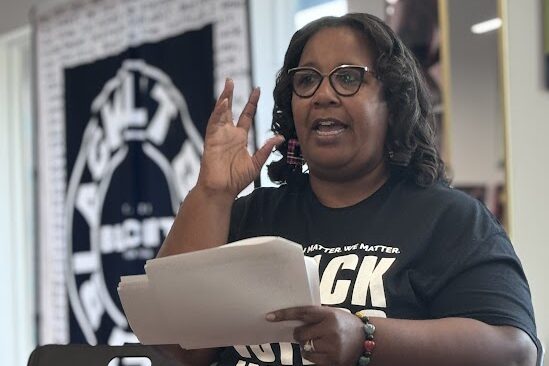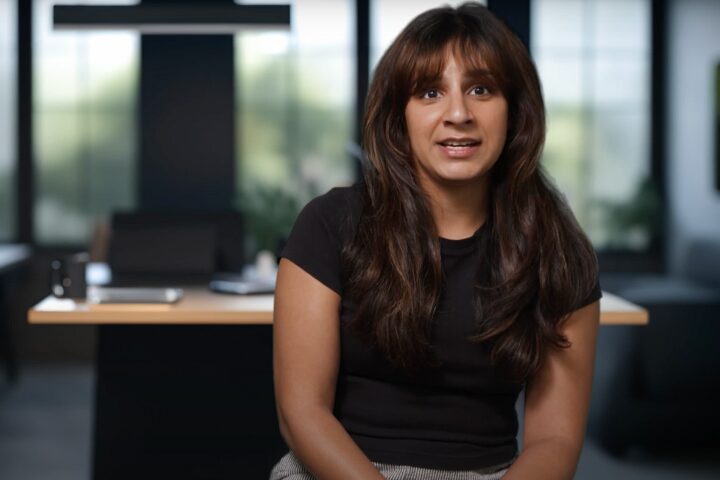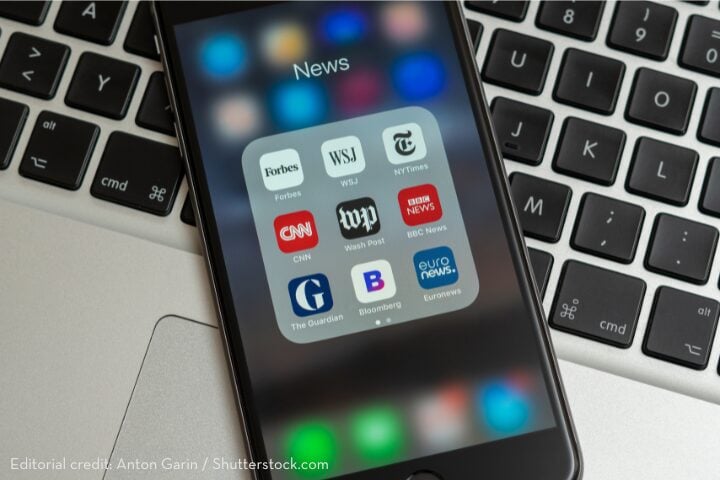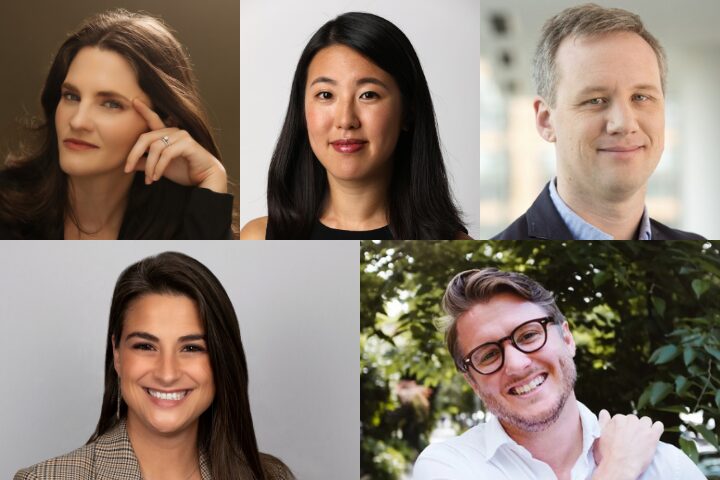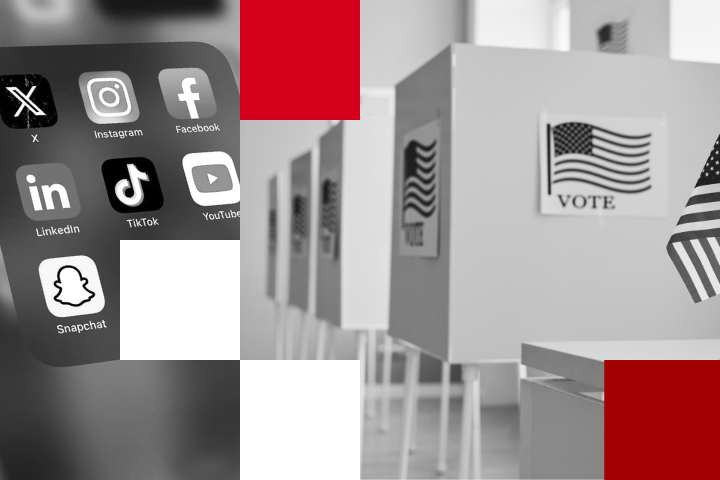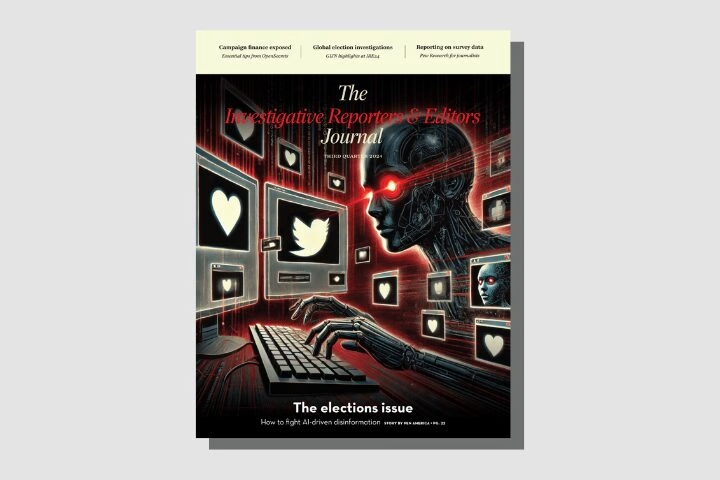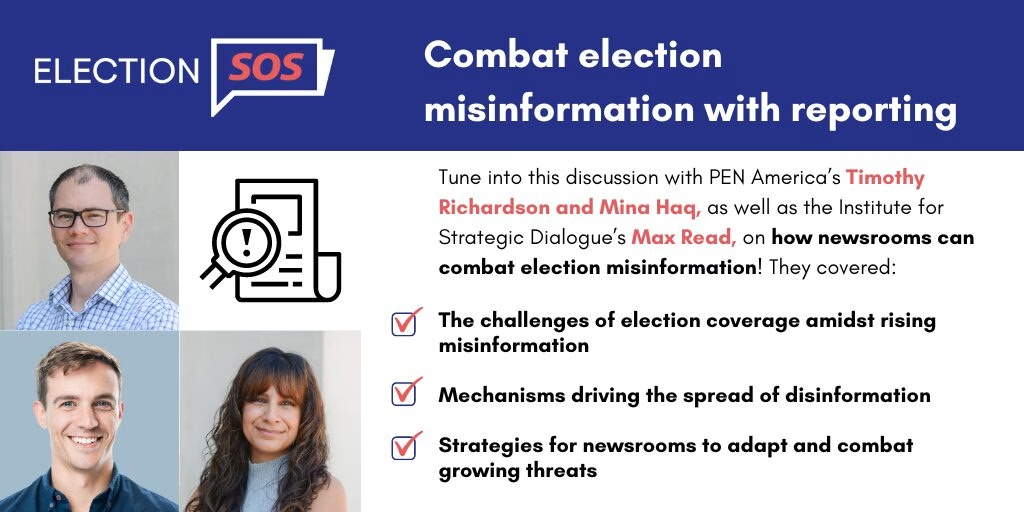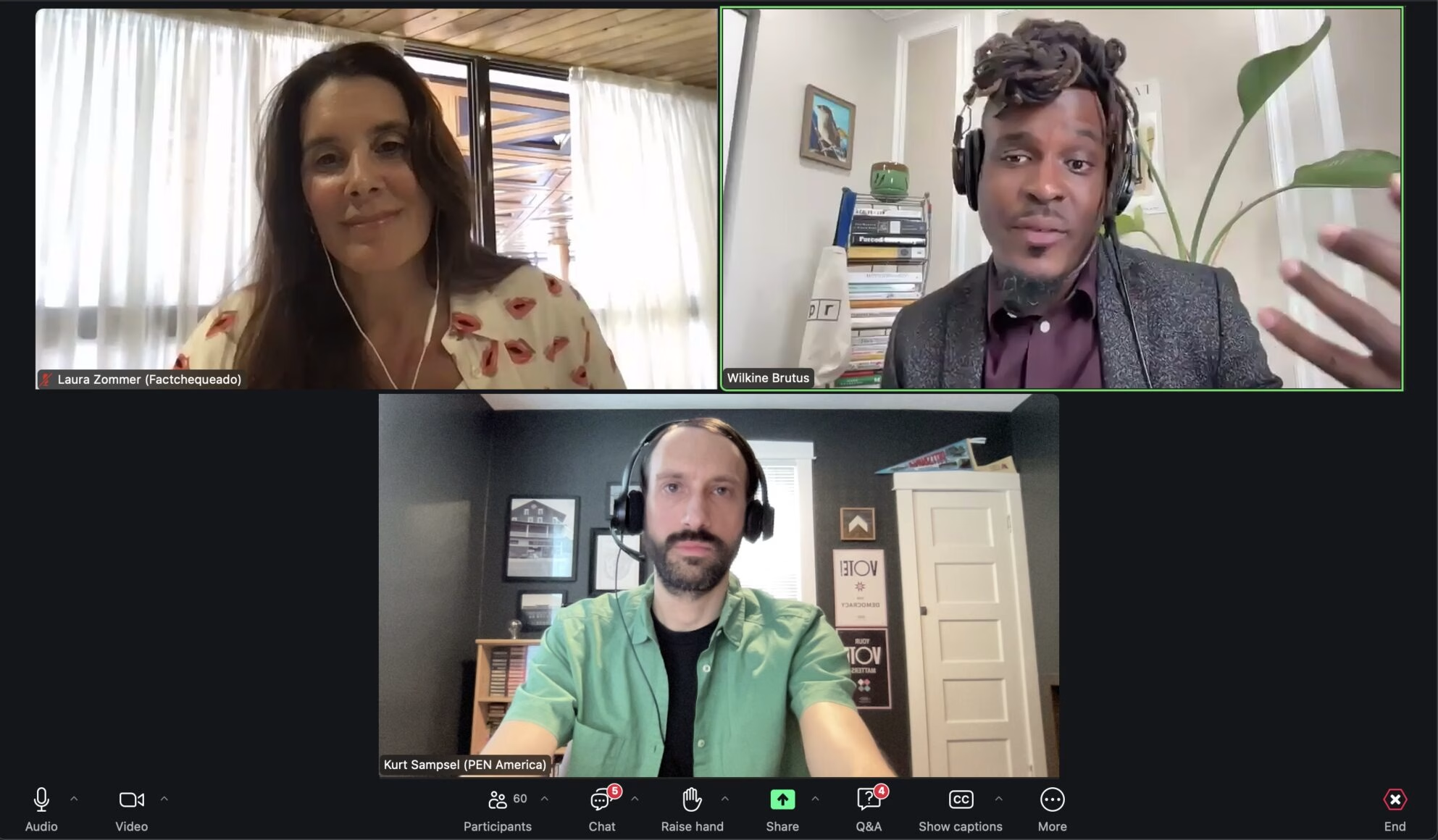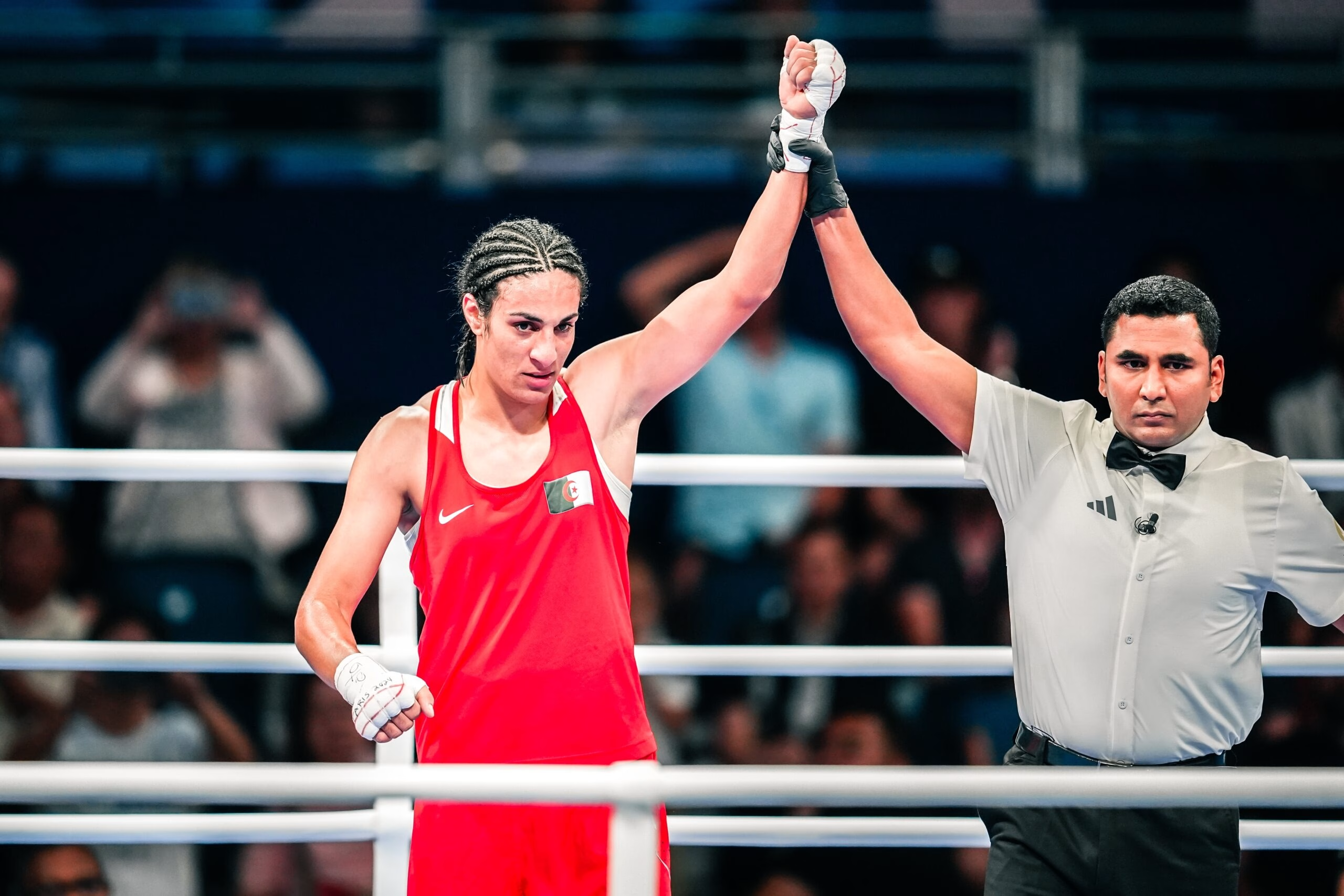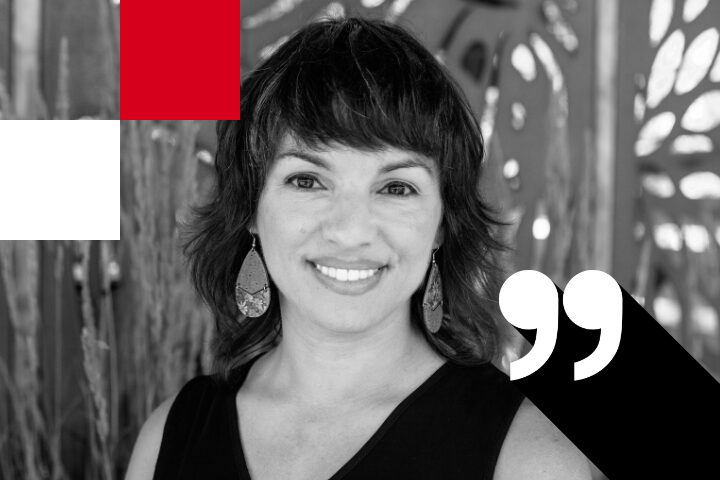
In a time of conflict, fear, and disconnection, Mónica Guzmán works to help people engage with and understand each other better – even when they don’t agree on facts. In her work with Braver Angels, a nonprofit organization focused on bridging political divides, Mónica takes an unconventional approach to media, information, and facts that prioritizes connecting with people instead of correcting them. She suggests that if we don’t have a shared understanding of reality, we should begin building one.
This interview was edited for length and clarity.
Mónica, you work at Braver Angels and as an author and podcast host. How do you describe your work?
I really want to do what I can to help the world see itself. I think that a lot of what challenges us, what frustrates us, is a result of the ways in which we are not seeing each other clearly, not seeing the debates that try us clearly. I focus on the political polarization piece of this because it is folded in so many other types of differences. I’ve become really confident that practicing curiosity – which involves suspending certainty, questioning our judgments and our conclusions, and exercising humility in a culture that seems to want us to walk around with confidence – is the key to unlocking clear views of what’s really dividing us.
It’s also extremely important for building trust where trust has dried up. I believe that the lack of trust is our deepest problem and that without addressing that, it’s really difficult to make progress on any other problem. So my work at Braver Angels is about finding the tools that help people meaningfully bridge the political divide. The podcast is all about making those tools accessible to people, using real people’s real stories and experiences. We need to share the best practices so that people understand that you can rebuild trust, you can bridge the political divide. And in fact, we’re going to need to do this to get the country that we ultimately want.
How do you think disinformation, or not having a shared sense of what’s true, contributes to misunderstandings among people?
Hugely. Everybody makes their own different interpretations of what’s going on. What’s happened is that we have been so siloed in communities that converse only among themselves to try to understand the world, and those silos have gotten so far apart from each other, that the difference feels like it’s not just about interpreting the same story; it’s about what story we even believe to begin with. So it really can feel like people in different political identities live in different realities. And, yes, as a result of that, things that are demonstrably not true are being believed by people.
And one of the things you see is that cases of misinformation don’t travel equally on all sides of the political divide. It’s usually showing up more on one side or more on the other, which tells you a lot. But to me, it comes back to trust. I think the misinformation problem shows that when you don’t trust people who think differently than you, then something that is demonstrably false can seem just “true enough” on a values or identity level that people are no longer willing or able to access the countervailing information that goes against that preferred belief.
You said recently there’s too much emphasis on misinformation about facts and not enough on “misinformation about what’s in the hearts of other people.” What do you mean?
Today we are learning more and more about people through media and other inhuman channels. Meanwhile, we are spending less and less time in the actual presence of other people.
And yes, it’s so much harder to learn from people. It is actually physically harder in this country to find people who are very different from you: blue ZIP codes are getting bluer, red ZIP codes are getting redder. This means we’re in this vicious cycle where we are engaging each other less, but judging each other more, and those judgments are based on limited and secondhand information.
So that’s the misinformation that concerns me the most, because I think that’s what inspires fear. I think if we believed that our political opponents were reasonable people who could understand us and have compassion for us, we probably wouldn’t be so scared. But we’re scared because we believe that they are motivated by a desire to hurt us, and I think that comes from misinformation about what’s in their hearts.
We see this all the time in rhetoric about how a politician or a political party “hates America” or is “destroying the country.” We should laugh at things like that, but instead we believe it because it tracks with the stories we’ve accepted. In my view, we’re not attacking that kind of misinformation enough, and that’s the kind of misinformation that counts.
In moments of conflict or misunderstanding, you encourage people to get curious about others. If someone shares false information, how can we use curiosity to navigate that situation?
I find that when people get to the point in a disagreement where there’s a disagreement about facts, about reality, about truth, people think they have two options. Option one: tell them they’re wrong, and try to get them to believe you. Option two: just back out of the conversation because there’s nothing more to say if they can’t accept reality.
But there’s a third option, and it’s inspired by Buster Benson, who wrote a book called Why Are We Yelling? He makes a distinction between talking about what is true and talking about what is meaningful, where the core of what you’re discussing is not the topic, but each other – what matters to you and what matters to me. So when you get to that impasse where you have a disagreement about facts, what I’ve found is effective is to switch the conversation from what is true to what is meaningful.
So what does that look like? Let’s say that you’re talking with someone about elections, and they say that elections are too fraudulent or untrustworthy to be valid anymore. In that moment, you can try something like: “Okay, let’s back up for a minute. Why are elections an important issue for you? What do you think matters the most about voting?” Those questions will bring up people’s values, and once you’re talking about values, you can find common ground. The conventional wisdom is that people who don’t share politics don’t share values. The research I’ve done has shown me that we all share values; we just stack them differently. Nobody hates freedom, nobody hates safety, nobody hates treating people fairly.
So in these moments, if you can move from what people believe to what’s meaningful to them, that’s a way you can connect instead of wasting your time disputing facts. After a while, you might build enough trust to say to that other person, “Hey, I’m super curious about the sources that you go to for things. Maybe we can talk about why we trust our information sources.”
Once people feel received and understood by you – and not judged – they’re more open to hearing how you see the world and to considering it as an edit on how they see the world.
How might we also practice curiosity when it comes to consuming news and information?
Given that we get so much information about people and about their perspectives through the media, we can use that as a tool to practice our curiosity about others and build up that muscle.
For instance, if I’m reading something that I strongly disagree with or think is factually wrong, what I do is to fight the temptation to read that article looking for reasons to disagree or ways to diminish the author and their views. I switch my brain toward generous curiosity by asking myself two questions as I read. The first question is, what is the strongest argument for this side I disagree with? The second question is, what are the deep-down concerns that animate this perspective? This requires me to get curious about whatever anger, hyperbole, or falsehood I’m having the negative reaction to. By doing this, I can come out of the reading experience with more humility and openness to that other way of seeing things.
So if you’re reading something that you disagree with or think is not true, this is a technique you can use to make that into a learning opportunity. Remember that this thing that’s upsetting you is traveling out there because there’s something about it that’s resonating with people. So what is that, and how can it help you better understand people and the world?
Most of us want to believe we’re well-informed. What do you think it means to be well-informed?
What I’d say is that I don’t believe we can be informed about people without talking to people. For a lot of reasons, we have gotten better and better at avoiding each other. Consider how much of your understanding of the world is coming from mediated sources, and how much is coming from engaging with people.
One way to think about it is: What kind of people do you talk about, but never with? And if there’s a lot of those people, and you talk about them a lot, then I would offer that you’re not very well-informed about them. I don’t mean this as a judgment but as an invitation. Ask yourself how you might be able to get a more meaningful exchange with someone from this group apart from media. I think that’s a big, big challenge for many of us.
Of course, we can’t all be out there all the time. We’re busy, we’re tired, we’ve got our own lives. But the state of things right now means we can’t rely solely on news media. Because even the stories with the most polish, the highest standards of reporting, the Pulitzer prizes and so on, are still coming from a world that is desperately polarized, and that includes the journalists, the storytellers, all of us. No one is immune, so we have to get information ourselves.
Mónica Guzmán is senior fellow for public practice at Braver Angels, where she hosts the nonprofit organization’s A Braver Way podcast. Author of the book I Never Thought of It That Way: How to Have Fearlessly Curious Conversations in Dangerously Divided Times, Guzmán is also the founder and CEO of Reclaim Curiosity and serves as the inaugural McGurn fellow for media integrity and the fight against disinformation at the University of Florida.

